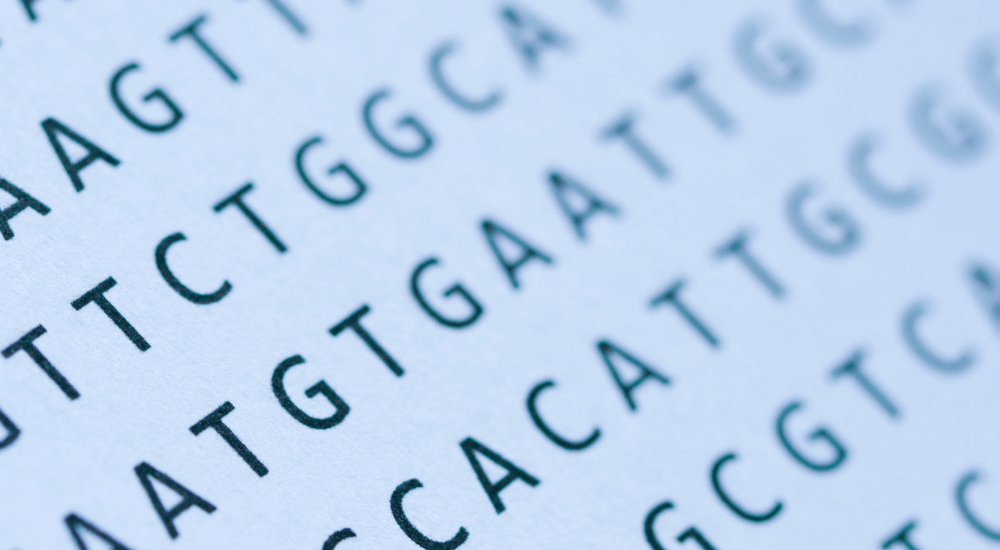One of the most common questions we are asked when someone wants a test is: “Are home DNA paternity tests accurate? Many people are concerned that they may not be as reliable as a test where samples are taken by a third party such as a doctor or an approved DNA collection site.
Depending on the results, taking a paternity test can have lifelong ramifications for any family, so it is a very sensible question to ask. For that reason we have provided an overview so you can make an informed decision about the test that may be best for you.
Accuracy of Home DNA Paternity Tests
If you are considering taking a home paternity test, the first thing you should do is make sure that you use an accredited laboratory. You should look for an ISO17025 accreditation. This is a specific standard for DNA relationship testing. This way you can be confident that your test results will be 100% accurate for the samples that you send to the lab. Keep in mind that the lab relies on the person collecting the samples to provide them from the correct individuals. Because the identities of participants in a home test cannot be independently verified, results are not court admissible. If you need results for court, then a legal paternity test is a better choice.
Is a Home Paternity Test as Accurate as a Legal Paternity Test?
In terms of process, the only difference between a home paternity test and a legal paternity test is how DNA samples are collected before they are sent off to be tested. But once the samples arrive at an accredited lab, the entire testing process is as stringent as it would be if they received samples for a court-approved test. They will use the same technology and exacting testing standards irrespective if your test is a home paternity test of a legal paternity test.
If it is Only Possible to get a Result of 99.9% how can that be 100% Accurate?
100% accuracy and 99.9% (or higher) probability of paternity are two different things. The accuracy refers to the quality of the test process. A test can be 100% accurate in that the test is absolutely correct with no errors for the samples provided. It does not mean that there is a 100% probability in the paternity conclusion.
Why a Paternity Test can Never Show a 100% Probability of Paternity
Individuals can share a significant amount of DNA markers even when they are not related: it’s just part of being human. This is why paternity is reported as a percentage of probability. To ever get a 100% probability of paternity, we would need to test every man in the world with the same ethnicity as the alleged father. Clearly this isn’t an option, so a statistical calculation is made to provide the probability. The test is done by calculating the frequency of the shared alleles within the ethnic group of the parties being tested. It makes the test incredibly accurate and a probability of 99.9% or over is considered a conclusive, positive result for paternity.
LEARN MORE ABOUT PROBABILITY OF PATERNITY >
In a Nutshell
Accredited DNA testing is 100% accurate based on the high quality testing process. This can generate a probability of 0%, which can exclude the alleged father from being the biological parent or it can produce a result of 99.99% in favour of the paternity relationship existing.

